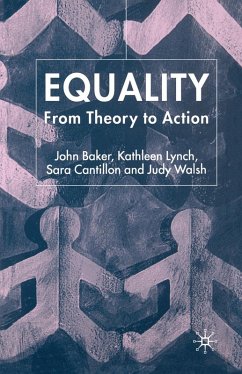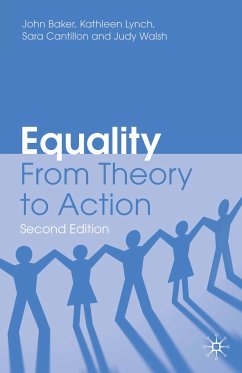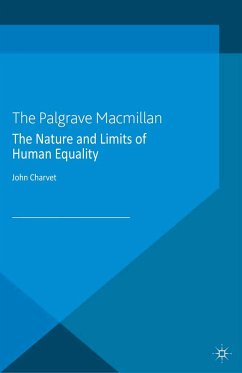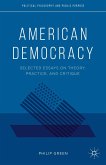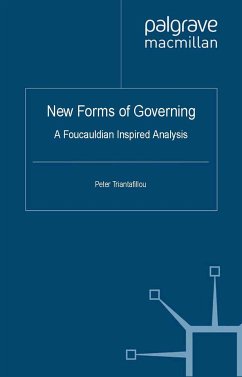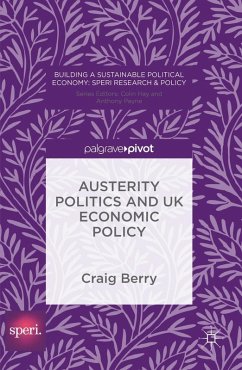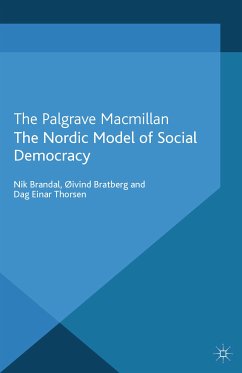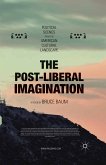Dieser Download kann aus rechtlichen Gründen nur mit Rechnungsadresse in A, B, BG, CY, CZ, D, DK, EW, E, FIN, F, GR, HR, H, IRL, I, LT, L, LR, M, NL, PL, P, R, S, SLO, SK ausgeliefert werden.
'This is a truly extraordinary book, combining sophisticated philosophical discussion of the fundamental moral issues linked to equality with solid sociological analysis of existing institutions and how they work to generate inequality, and provocative political analysis of strategies to transform those institutions. Equality: From Theory to Action has insightful and original things to say on each of these themes. It provides a powerful framework for a new egalitarianism for the 21st century.' - Erik Olin Wright, Vilas Distinguished Professor of Sociology, University of Wisconsin Madison
'The main merit and purpose of this book is the integrated and systematic treatment of equality it provides. The background of the authors allows them to write with great authority on both theoretical and policy issues concerning equality, approaching them all from a single systematic vision of the nature and importance of equality. The book is astonishing in its scope.' - Jonathan Wolff
Professor and Head of Department of Philosophy, University College London
'This book is an excellent contribution to at least two literatures: political theories of equality and social movement theory. It is especially valuable for offering a sophisticated theoretical framework for analyzing a wide range of inequalities, and then applying it via detailed discussions of pressing practical problems. Given that it is a collaborative effort, the authors deserve credit for producing a text that is seamless and accessible...This book makes a significant contribution to the field and is a positive sign of things to come from the equality studies discipline.' - Faith Armitage, Feminist Review
'This is a well-researched text, which benefits from international a well as local examples of equality and inequality. The book is grounded in Irish examples that help to illuminate the various viewpoints, reflecting the authors' experiences of living and working in Ireland...This book represents one small step on the road to a greater equality.' - Pedagogy, Culture and Society
'The book provides a thorough examination of the politics and theory of equality and should be read by academics, equality lawyers, students, activists and anyone who desires a more equal world.' - Harriet Samuels, Feminist Legal Studies

